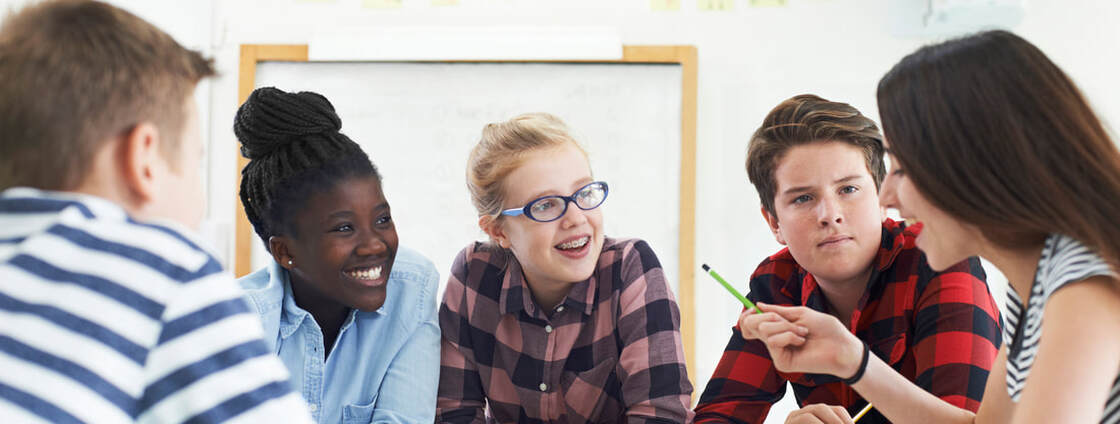The learning experience at Enriching Explorations in Engineering (E3) is provided in two sections. Students begin their day with a real-world problem. After reviewing facts, they work collaboratively in groups discussing possible ways to create solutions while identifying the impact of the solution. The inquiry-based instructional model, 5E (Engage, Explore, Explain, Elaborate, Evaluate) is used to guide the students' learning process.
Education Research Center
"Research is seeing what everybody else has seen and thinking what nobody else has thought."
~ Albert Szent-Gyorgyi, Nobel Prize in Physiology or Medicine , 1937
~ Albert Szent-Gyorgyi, Nobel Prize in Physiology or Medicine , 1937
In the Education Research Center, students display their understanding of learning through inquiry. They participate in thought provoking conversations based on current-day, actual concerns in engineering. Students explore previous approaches in designs and models as well as the impact of them. They research possible ways to design, develop and monitor the creation of their prototypes that can be more beneficial (saving production time, cost, etc.) than the current model.
Experiential Learning Lab
"For the things we have to learn before we can do them, we learn by doing them"
~ Aristotle, Greek Philosopher
~ Aristotle, Greek Philosopher
In the Experiential Learning Lab, students conduct a scientific inquiry where they design, create and develop their model based on their theory and supporting research. In this process of learning students:
Students are encouraged to find multiple ways to prove their theory of change to be successful. However, in some cases, data collected through the use of the prototype prove the theory to be incorrect. When that occurs, students explain the factors that occurred in the design or creation that did not support the theory. They provide recommendations on what could be done to change the outcome(s) moving forward.
- must be willing to be actively involved in their learning experience
- must be able to reflect on what took place during the learning experience
- must possess and use analytical skills to conceptualize their learning experience
- must possess decision making and problem solving skills in order to use the new ideas gained from their learning experience
Students are encouraged to find multiple ways to prove their theory of change to be successful. However, in some cases, data collected through the use of the prototype prove the theory to be incorrect. When that occurs, students explain the factors that occurred in the design or creation that did not support the theory. They provide recommendations on what could be done to change the outcome(s) moving forward.
Advocating for Change
"Your ability to inform, inspire or transform is determined by your ability to tell your story"
~ Chantel Henry, Author & Motivational Speaker
~ Chantel Henry, Author & Motivational Speaker
"Students, always remember the greatness within you,
for there is brilliance in your bloodline."
Dr. LJM

